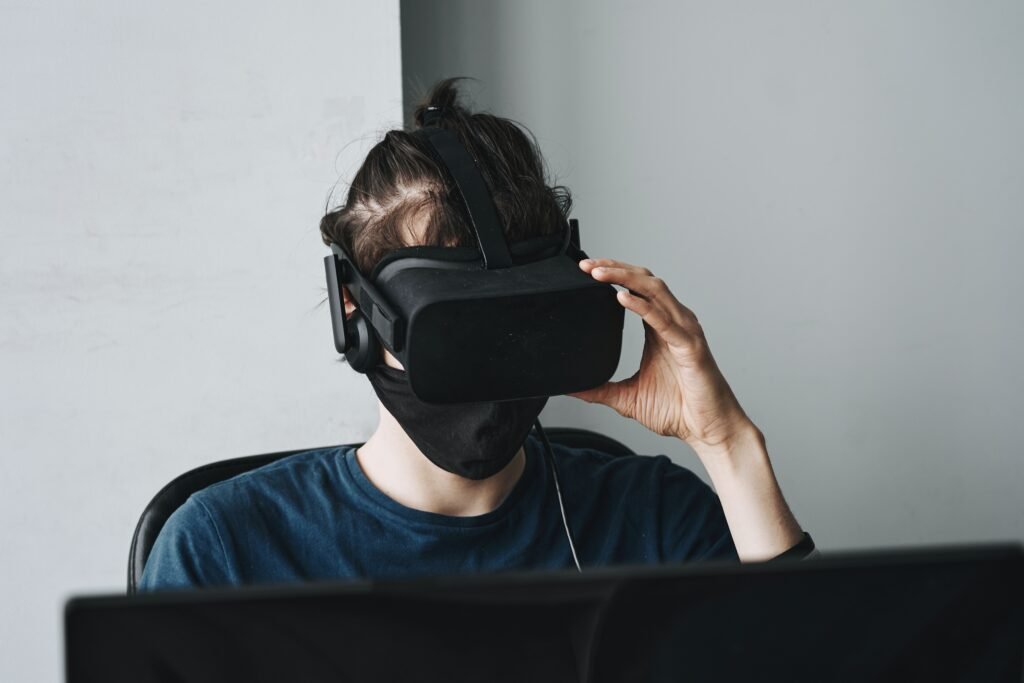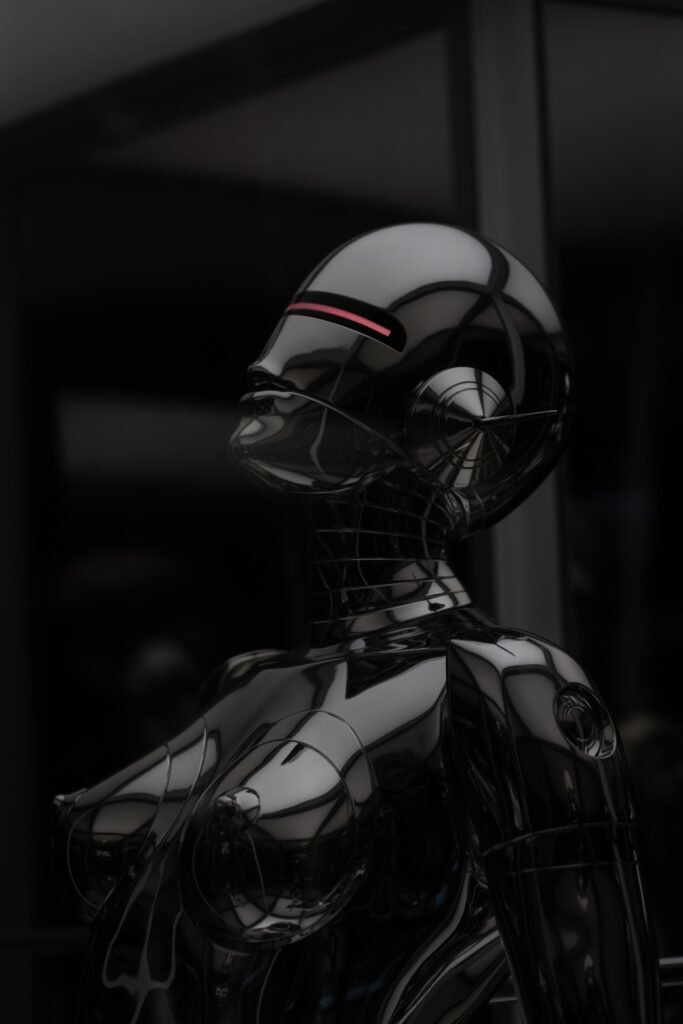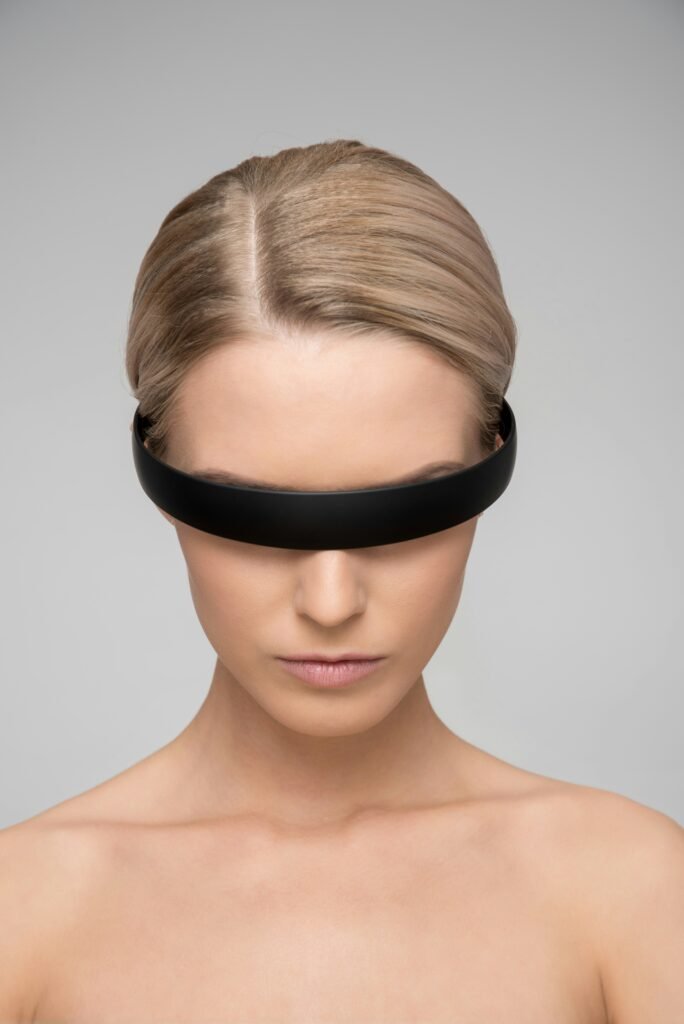In a class action lawsuit that could potentially reshape the landscape of artificial intelligence, a group of renowned authors, including George R.R. Martin and Jodi Picoult, have joined forces against OpenAI. The lawsuit alleges that OpenAI’s products, such as ChatGPT, unlawfully utilize copyrighted material owned by these authors. Legal analysts believe that this lawsuit holds significant weight in terms of copyright infringement claims, and its outcome may have far-reaching implications for the future of generative AI. By challenging the use of copyrighted works in AI training data, the case could redefine the boundaries of fair use and prompt AI companies to seek permission and licensing deals for their training materials. On the other hand, if OpenAI prevails, it could open the floodgates for widespread use of copyrighted materials in AI models. The court’s decision in this case may fundamentally reshape the industry and the information marketplace as a whole.

Authors’ Lawsuit Against OpenAI
OpenAI, a leading artificial intelligence (AI) company, is facing a major legal battle as prominent authors join a class action lawsuit against the company. This lawsuit, which alleges illegal use of copyrighted work by OpenAI’s generative AI programs, could have significant implications for the future of AI technology and the information marketplace.
Prominent Authors Join Class Action Lawsuit
The lawsuit has attracted the attention of famous authors, including George R.R. Martin and Jodi Picoult, who have joined as plaintiffs. Their involvement brings a high-profile element to the legal clash between the authors and OpenAI. The focus of the case is on the wave of AI-driven programs, such as ChatGPT, that have become increasingly popular and influential in various creative industries.
Allegations of Illegal Use of Copyrighted Work
At the heart of the authors’ claims is the allegation that OpenAI’s generative AI programs engage in systemic theft on a massive scale. The authors argue that these programs ingest works of authorship as training data without permission, essentially reproducing copyrighted works without authorization. This copyright infringement raises significant legal questions surrounding fair use, the distinction between copyright and trademark issues, and the privacy of authors’ work.
Potential Implications for Generative AI
The outcome of this lawsuit could shape the direction and capabilities of generative AI technology. Depending on the court’s interpretation, the case may either impose limits on the technology or promote a more expansive approach to utilizing online material. Legal analysts believe that this lawsuit has a strong chance of success in terms of copyright infringement claims against OpenAI. The ruling could have a profound impact on the language-training mechanism and the permission and licensing negotiations between AI companies and authors.
What are the Authors Claiming in the Lawsuit?
The authors argue that generative AI programs like ChatGPT illegally use copyrighted material without permission. These programs rely on ingesting vast amounts of training data, including works of authorship, to generate responses to user prompts. According to legal experts, the ingestion of copyrighted works is considered a reproduction of the works, and OpenAI’s use of these works without authorization is a violation of copyright law. The authors contend that OpenAI’s practices enable the company to access and utilize writing that publishers would typically pay authors to create.
Questions about OpenAI’s Training Data
There is considerable uncertainty surrounding the data sets used by OpenAI to train its AI models, particularly in terms of the extent of copyrighted material included in the training data. The authors raise concerns about the lack of transparency from OpenAI regarding their data sets. Without a clearer understanding of the data being used, it is difficult to assess the degree to which OpenAI may be infringing upon copyright laws. This lawsuit could shed light on OpenAI’s data practices and provide insight into the nature of the training data used in generative AI models.
OpenAI’s Defense: Fair Use
In response to the allegations of copyright infringement, OpenAI may argue that its use of copyrighted material falls within the realm of fair use. Fair use is an exception to copyright protection that allows for limited reproduction of text for purposes such as commentary or criticism. OpenAI could contend that its use of authors’ work is transformative, as the AI models generate separate and original writing based on the training data. Fair use is a complex and open-ended legal concept, and its application in this case will be a significant factor in determining the outcome.

Similar Lawsuits and ‘Fair Use’ Defenses
This lawsuit is not the first of its kind, as other authors, including comedian and actress Sarah Silverman, have previously filed lawsuits against OpenAI and Meta (the parent company of Facebook) over similar copyright infringement claims. In those cases, the defense relied on fair use protections and argued that the use of copyrighted material was transformative and fell within the boundaries of fair use. The impact of previous cases and their fair use defenses will likely influence the arguments and outcomes of the current lawsuit.
Potential Implications of the Lawsuit
The implications of this lawsuit are significant and will depend on how the court interprets the claims made by the authors. A favorable ruling for the authors could fundamentally reshape the AI industry by placing limits on the use of existing data sets and requiring AI companies to seek permission and negotiate licensing deals with authors and publishers. On the other hand, a ruling in favor of OpenAI could pave the way for widespread data scraping and the establishment of AI models based on freely available online information. The decision could have far-reaching consequences for copyright assumptions and the information marketplace.

Impact on AI Industry and Information Marketplace
Regardless of the outcome, this lawsuit has the potential to reshape the AI industry and place limitations on the practice of data scraping. The court’s ruling will influence the practices and operations of AI companies, as they may need to reconsider their use of copyrighted material and seek authorization for their training data. The lawsuit also raises broader questions about the information marketplace and the balance between authors’ rights and the advancement of AI technology. The lawsuit’s outcome will undoubtedly have a lasting impact on both the AI industry and the legal landscape surrounding copyright protection.



